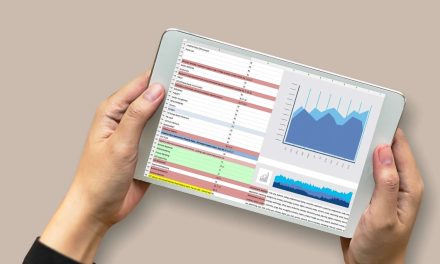
You’ve probably heard the term business intelligence, or BI, a thousand times, but maybe you’re not quite sure about the meaning or significance. Let’s look at the subject in more detail.
What is business intelligence?
Business intelligence (BI) is the combination of business analytics, data mining, visualization, tools, infrastructure and best practices for organizations to make efficient, data-driven decisions.
In other words, business intelligence refers to everything from technology to strategies and practices that help organizations collect, analyze, integrate and clearly present data to improve business performance.
Companies use BI to identify and monitor significant events and trends to evolve and adapt to new scenarios. Though the buzz in relatively new, the practice started in the 1960s and devloped in the 1980s alongside new computer technology.
Why is business intelligence so important?

It helps companies make better decisions. Every decision should be supported by facts, which is why organizations use BI to gather relevant data that helps them identify important trends, patterns or facts. Those facts become the basis of their further decisions.
Making data-driven decisions is not so much about collecting data as it is about understanding what’s useful. What does “useful” mean?
- Turning data into info that can be used to modify or implement strategic plans.
- Helping to identify which business areas need improvement or changes.
- Understanding where and how to allocate resources to meet your goals and increase ROI.
- Improving your understanding of consumer behavior and optimizing your services or products accordingly.
- Taking your marketing and sales strategy to another level.
- Improving productivity by optimizing data analysis and interpretation.
- Gaining competitive intelligence.
More than just raw data
Salespeople and marketers usually keep track of their potential customers’ moves by using a CRM. This means that they collect data from the entire sales cycle – from acquisition to post-sales services. Incorporating CRM data into the BI system can increase your sales as well as further market insights and market entry support.
Competitive intelligence
Do you want to know what your competitors are doing? Identifying key intelligence topics might help you understand how to monitor your competitors and exactly what to monitor. This will give you the chance to be a few steps ahead and make the right strategic decisions.
Business Intelligence could significantly improve efficiency
You can use business intelligence to better manage information across different departments and to reorganize company processes and adjust goals. This often translates into a better way to use time and resources. When that happens, operations become more efficient and productive.
What is business intelligence?
Business Intelligence is the combination of technology, strategies and practices that allow companies to make data-driven decisions and improve their business performance.
What is the goal of business intelligence?
As explained before, the main goal of business intelligence is making better, more efficient decisions. It can help you identify opportunities and weaknesses, understand customer behavior and where to allocate your resources, and improve productivity.










